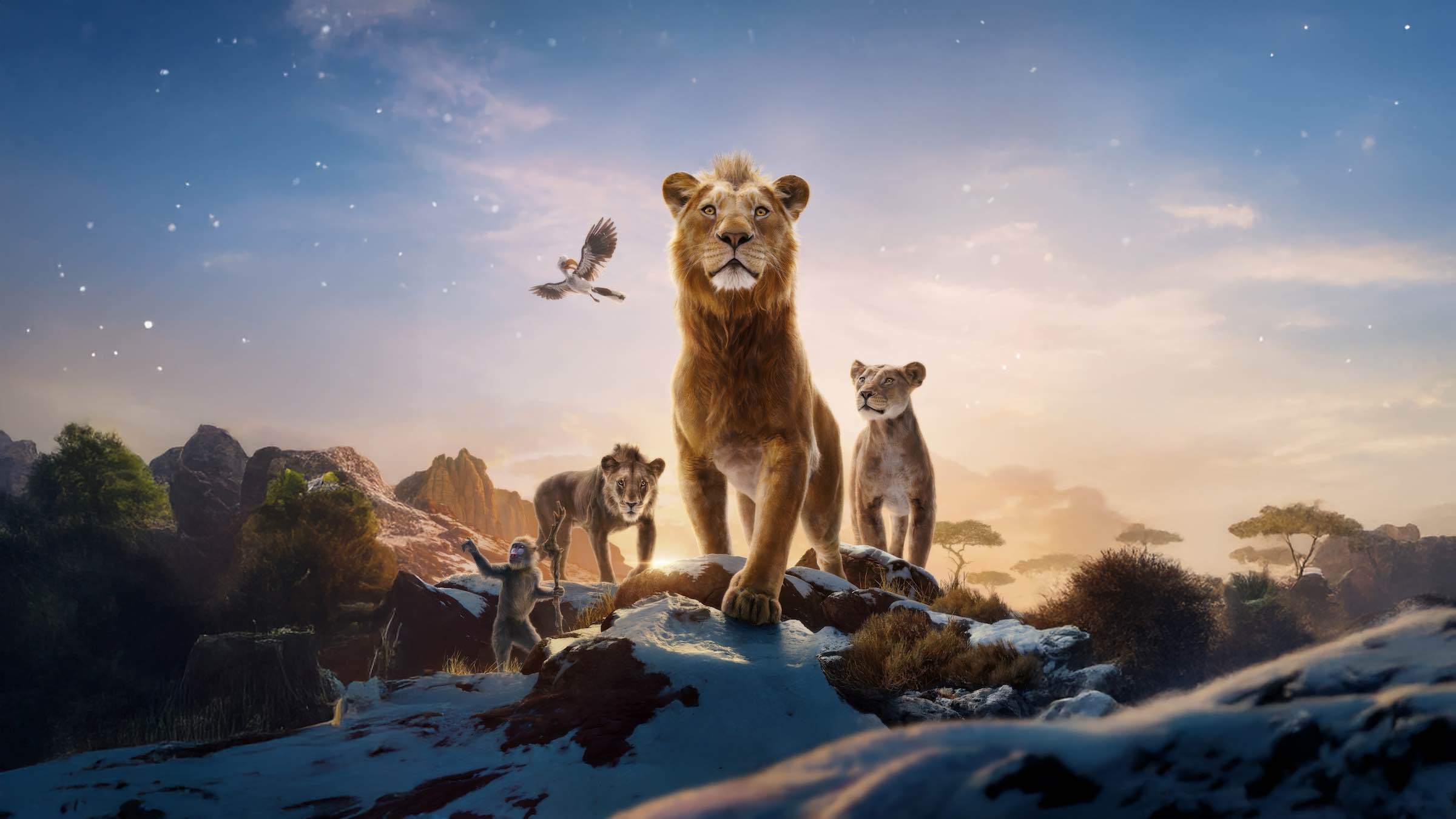Mufasa: The Lion King continues from the 2019 live-action film The Lion King, improving on its photorealistic computer-generated animation coupled with possibly the best story on what it means to become the lion king.
To become, or not to become, is the through line of the story of the film, as we follow a prequel of The Lion King with a young orphaned Mufasa and his adventure on how his actions and decisions cause him to becoming king of the Pride Lands. The film brings the audience to new territories by introducing a young Scar, known in the film as Taka, and his journey from Mufasa’s best friend and adopted brother to becoming the villain we know him to be. The story provides a twist from the assumptions made from The Lion King about Mufasa and Scar by revealing not only that they are not blood brothers, but more so that Mufasa is merely an orphan, and Scar is the actual sibling destined to be king.

Mufasa: The Lion King succeeds as a prequel where many failed.
The film successfully provides us much appreciated context by fleshing out the personalities of both Mufasa and Scar as children and into adulthood. A stronger emphasis can be given to how the film characterized the journey of Scar, providing him the needed motivation and backstory to solidify how he became the villain in The Lion King. The best written villains are those who do not think they are the villains, but end up doing nefarious acts in service of what they believe to be right. Thankfully, the tragedy that befalls Scar in the story, and his belief that he is destined to be king, now fleshes out Scar’s character into becoming one of the best villains in the Disney repertoire.
Mufasa on the other hand, is consistent with his personality of selflessness and sacrifice. We spend a good majority of the film with Mufasa acting on the best interest of Scar, and in the process learns the many hunting skills usually found in lionesses. Even when Sarabi came into the picture, Mufasa did his best to repress his romantic feelings in service of his brother Scar who also fell in love with the same lioness. It is towards the end of the film that Mufasa’s character opens up to lead the Pride Lands against a villainous pride of lions where we see the recognizable king everyone is accustomed with. The film did a great job writing the character of Mufasa, and with all the familiar characters from The Lion King, showing respect and admiration to what has already been built from the previous entries in this film franchise.
Lin-Manuel Miranda comes in to write the songs for the film, and the soundtracks delivers. Miranda was able to capture the innocence of youth with “I Always Wanted a Brother” and the theme of conflicted romance between Mufasa and Sarabi in “Tell Me It’s You”. Perhaps I have listened a dozen times too much of Hamilton the Musical, but the signature style of overlapping voices by Miranda’s work was recognizable, to great effect, in the seven songs in the soundtrack of the film.
The signature style of overlapping voices by Miranda’s work was recognizable, to great effect
The one factor that may be divisive in this film is in the continued use of photorealism as their version of a live-action remake of this franchise. The photorealism of the characters at times demands the audience to keep focused as to not loose track of which lion is which since, during the action scenes and all the water scenes, the lions start to look alike. It did not help that Mufasa and Scar’s voices were not clearly as distinct from one another. But Mufasa: The Lion King nonetheless successfully demonstrates how far technology has come to create photorealistic animated characters to this grand degree.
Mufasa: The Lion King succeeds as a prequel where many failed. It improves on the main film, provides the audience with renewed interest and understanding on their beloved characters, and may end up as a necessary backstory rather than an optional add-on in The Lion King series of films.
The film, without losing its personality as a Disney film directed at kids, challenges the audience to examine what it means to be king – is it inherited or is it by deeds and actions? The Lion King has always had more the serious themes of grief, revenge, and the celebration of life at its core. Mufasa: The Lion King, thankfully, carries these themes with it in good stride and gives us a prequel deserving of the king of Pride Lands.
Score: 8/10
“Mufasa: The Lion King” opens in Philippine theaters on December 18, 2024. Experience it on IMAX
Click here for more stories like this. You may also follow and subscribe to our social media accounts: Facebook, YouTube, Instagram, TikTok, X, and Kumu.






















